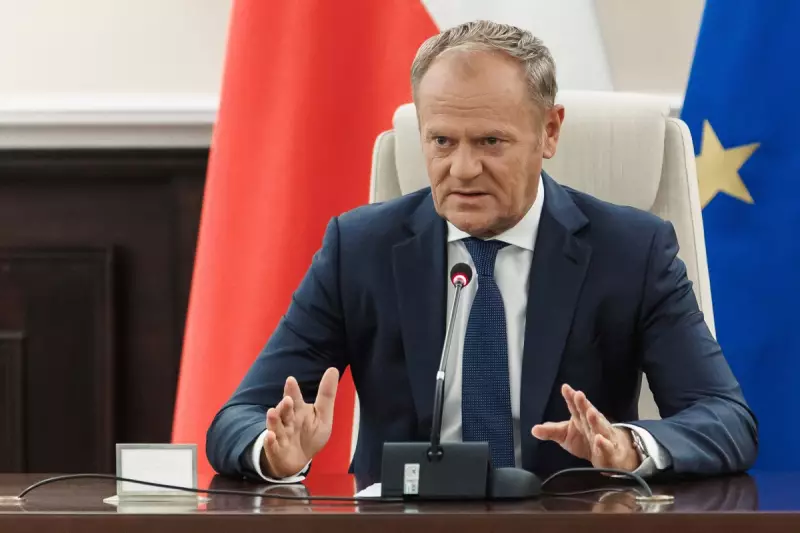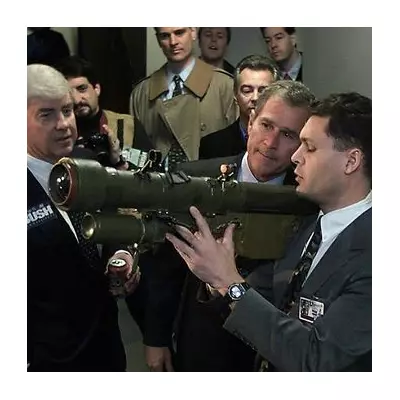
In a sobering interview that has sent ripples across European capitals, Polish Prime Minister Donald Tusk has delivered his most stark assessment yet of the threat posed by Vladimir Putin's Russia, warning that there are 'no signs' the Russian president will halt his expansionist ambitions with Ukraine.
The former European Council president, who returned to Polish politics last year, revealed that he's preparing for 'the worst-case scenario' and no longer assumes the conflict will remain contained within Ukraine's borders.
A Continent on Edge
'I don't want to scare anyone, but war is no longer a concept from the past,' Mr Tusk told journalists. 'It's real, and it started over two years ago.' His comments reflect growing anxiety among frontline NATO states that have borne the brunt of Russia's hybrid warfare and military posturing.
The Polish leader's warning comes amid increased military preparedness across Eastern Europe, with Poland embarking on one of the continent's most ambitious defence modernisation programmes since the Cold War.
The Domino Effect Europe Fears
Mr Tusk articulated what many European leaders have been quietly discussing behind closed doors: that Ukraine's fate is inextricably linked to European security. 'The most worrying thing at the moment is that literally any scenario is possible,' he stated, adding that he had 'seen in Brussels and other European capitals a decline in enthusiasm for supporting Ukraine.'
This candid admission highlights the delicate balancing act facing Western leaders as they attempt to maintain support for Kyiv while preparing their own nations for potential escalation.
Poland's Strategic Position
As a key logistical hub for Western military aid to Ukraine and host to thousands of US troops, Poland finds itself at the geopolitical epicentre of the conflict. Mr Tusk's government has been actively strengthening bilateral security agreements, particularly with Germany, while urging European partners to match Warsaw's commitment to defence spending.
'We have to be ready for every scenario, and that is why we are investing so much in the modernisation and expansion of our army,' the prime minister emphasised.
The Broader Implications
Mr Tusk's warnings extend beyond immediate military concerns to the fundamental challenge facing European democracies in an increasingly volatile global landscape. His comments suggest a recognition that the post-Cold War peace dividend has expired, replaced by a new era of great power competition.
As European leaders grapple with these sobering realities, Poland's preparations serve as both a practical response and a symbolic warning to allies about the stakes involved in Ukraine's struggle for survival.





